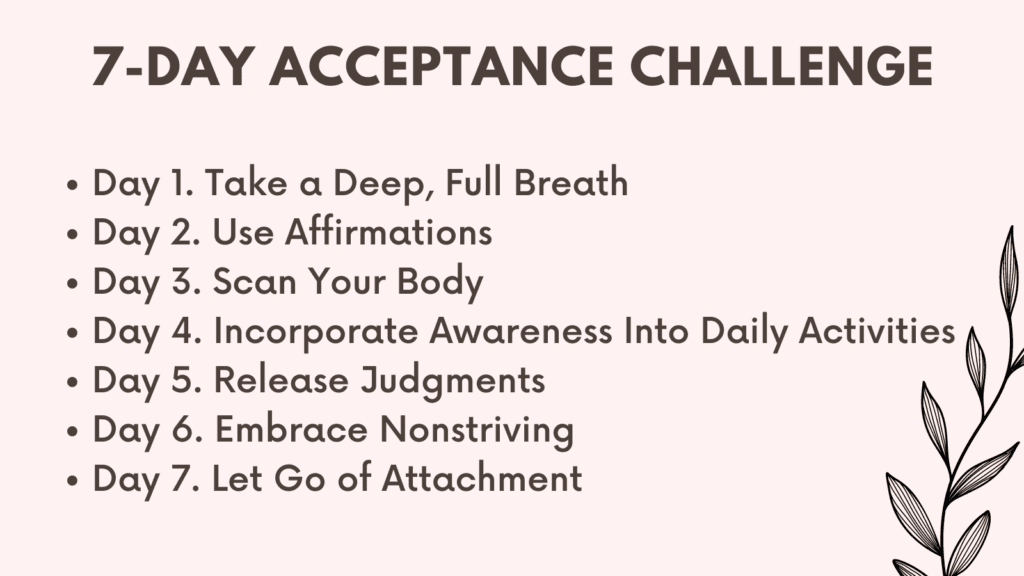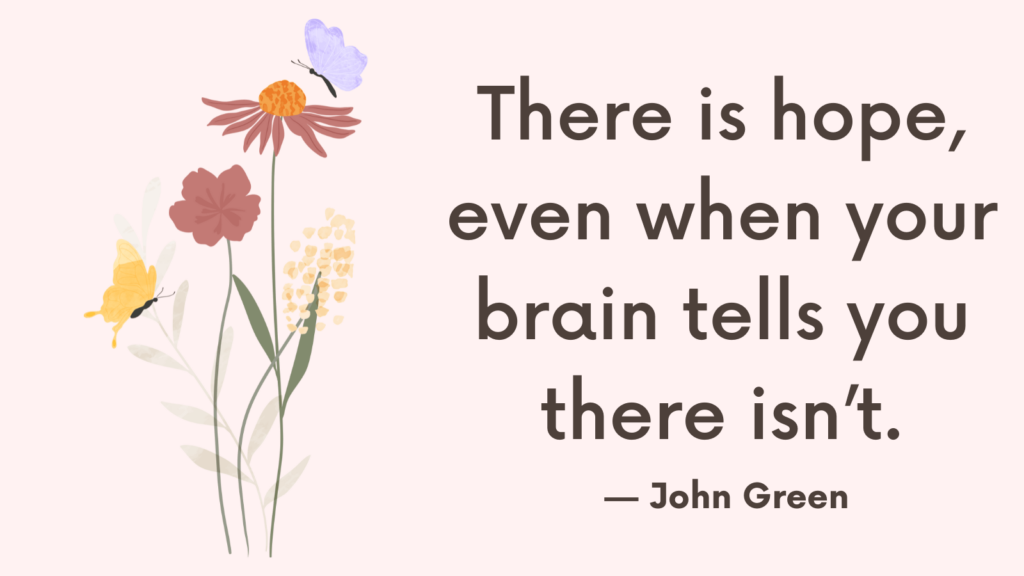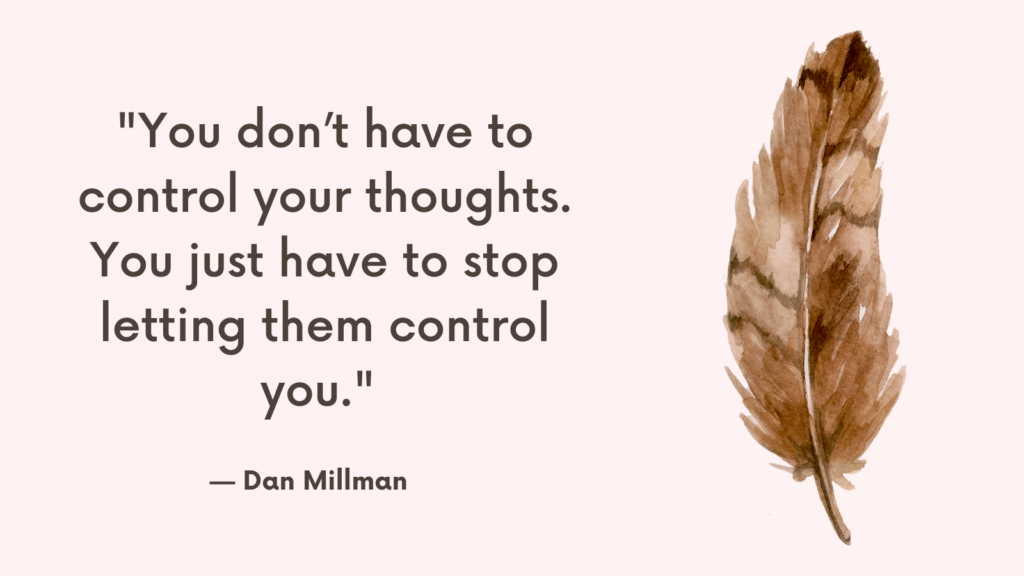This post contains 7-day Acceptance Challenge through practices of mindfulness.
What Is Acceptance?
Acceptance is the practice of noticing and allowing our experience without judgment.
Acceptance is about freeing ourselves from the burden of our heavy defenses against failure and disapproval.
Acceptance is about embracing all parts of ourselves.
“Acceptance doesn’t mean that everything is okay; it means recognizing things are as they are and reducing your resistance to them.” – Janetti Marotta
Related: Best 6 Ways to Let Go of Wanting to Control Everything
How Accepting Are You?
Do you relate to any of the following?
- You often feel inadequate and flawed.
- You are frequently critical and judgmental towards yourself.
- You tend to compare yourself unfavorably to others.
- You often find yourself wishing you were prettier, thinner, smarter, more successful, etc.
- You tend to focus more on what’s wrong with you than what’s not wrong.
- You frequently feel dissatisfied because you’re not who you want to be.
If so, lack of acceptance may be an issue for you.
Related: How To Break Codependency Habits For Good? (+FREE Codependency Worksheets)
Why Is Acceptance Important?
Many of us get caught in unrealistic expectations and feelings of unworthiness.
We focus on what’s wrong, compare ourselves unfavorably to others, beat ourselves up over every mistake, etc.
We need to work on improving and making progress, and acceptance isn’t an invitation to stop working on ourselves.
Rather, it’s our way to let go of what we can’t control and direct our energy and time towards what we can control.
We don’t want to feel inadequate, so we set about trying to improve our situation.
For instance, if you just survived a significant loss, practicing acceptance is a way to stop pitying yourself or beating yourself up and allowing yourself to work on processing your loss and moving on.
Related: Negative Core Beliefs List (& 8 Tips On How To Challenge Them)
What Is Mindfulness?
Mindfulness is the practice of opening to the present moment just as it is, without judgment or trying to change anything.
Mindfulness is about living with what’s happening right now, rather than getting caught up in guilt about the past or fear about the future.
Mindfulness is a great way to practice acceptance.
As you learn to still your mind, you become able to be present rather than being caught in your thoughts and emotions.
Related: Best 6 Mindfulness Exercises For Beginners (+FREE Resources)
7-Day Acceptance Challenge
Day 1. Take a Deep, Full Breath
Practicing deep breathing helps regulate your autonomic nervous system and promotes relaxation.
Deep breathing is also what sets the conditions for staying present and mindful.
Try This
1. Lie comfortably on your back.
2. Place one hand on your chest, the other on your belly and notice how your breathing occurs naturally.
3. Take a deep breath in through your nose and into your belly.
4. Breathe out from your nose and notice your breath slowing and deepening.
Related: The Difference Between Pain And Suffering (+Top 4 Tips On How To Embrace Pain & Stop Suffering)
Day 2. Use Affirmations
Using affirmations is a way to cultivate a positive, empowered mindset.
Coupled with deep breathing, this can reduce stress and bring a sense of calm.
You may use a word, phrase, or mantra.
Try This
1. Sit in a comfortable position and gently close your eyes.
2. Start breathing deeply and notice your breath in your body.
3. As you take a breath in, say to yourself your affirmation (e.g. “safe,” or, “I’m calm.”)
4. As you breathe out, say to yourself the same or another affirmation.
Feel these intentions, and carry them into your day.
Related: Best 50 Codependency Affirmations For Recovering Codependents
Day 3. Scan Your Body
The body and mind are interconnected.
Psychological issues can manifest as aches, pains, tension, or numbness.
At the same time, the body offers ways to calm the mind.
Try This
1. Sit in a comfortable position and sink into the gentle rhythm of your breath.
2. Bring your attention to sensations in your head, face, and neck. Notice any tension, tingling, or pressure. As you breathe out invite these sensations to relax or simply be.
3. Notice sensation in your torso, arms, and hands. Sense any cold, heat or heaviness, or any other sensation. As you exhale allow these sensations to soften or simply be.
4. Direct your awareness to sensations in your thighs, legs, and feet. Feel any tightness, tension, or numbness. As you breathe out, let those sensations go or be as they are.
5. End the exercise with a full-body scan. As you exhale, release all tension.
Related: Best 8 Mindfulness Exercises For Adults That Will Help You Regulate Your Emotions
Day 4. Incorporate Awareness Into Daily Activities
Mindfulness and acceptance can be practiced while performing any daily activity and not just while meditating.
Whether you’re washing your hands, walking down the street, drinking a cup of tea, or even washing dishes, you can calm and ground yourself.
Try This
1. Choose a task that you normally do on a daily basis, like washing your hands.
2. Try to focus your attention on the task, bringing all of your senses to the experience.
3. If you’re washing your hands, feel and listen to the water pouring against your skin, and smell the soap you’re using, and visual details you don’t usually notice, such as the iridescence of the bubbles.
Related: Top 23 Grounding Affirmations
Day 5. Release Judgments
Judgments fuels emotions like anger, sadness, frustration, etc.
Even when you judge yourself positively, those judgments may lead to disappointment when you don’t measure up to your sometimes painfully high expectations.
Try This
1. For one hour today, notice how often you judge yourself by saying things like, “I’m stupid,” or, “I’m not good enough.” You may find it easier to notice emotions of worthlessness or inadequacy and then ask what thoughts triggered those emotions.
2. Acknowledge every judgment and notice the impact of your judgmental thoughts on your emotions.
3. Use mindful, deep breathing to create a pause and disengage from the judgmental thought. As you take a long abdominal breath, imagine breathing into and out of places of tension.
Related: How To Stop Self-Critical Thoughts Using These Top 10 Techniques
Day 6. Embrace Nonstriving
Often, our judgments are fueled by striving – the incessant drive to compete and aim for painfully high expectations. This further fuels our feelings of worthlessness and inadequacy.
Nonstriving, on the other hand, refers to not trying to get anywhere except into the present moment.
Nonstriving places attention on what’s happening now and on being rather than doing.
Try This
1. Throughout the day, notice when you’re striving (e.g. overfocusing on the result or overthinking a problem). You may find it easier to notice feelings of anxiety or fear and ask yourself what’s triggering them.
2. Once you sense yourself striving, take a mindful breath and notice how your thoughts are affecting the way you feel.
3. Use movement to soften and release tension. You may choose a yoga position or simply walk back and forth slowly and deliberately.
Related: How To Break The Cycle Of Performance Anxiety?
Day 7. Let Go of Attachment
According to Buddhist psychology, craving or clinging to a thought, idea or need as if nothing else matters creates suffering. This is mainly because you start believing that your are that particular thought.
The practice of mindfulness can give you distance from your thoughts and internal experience.
The opposite of attachment is to let things be without wanting more or less until they run their course.
Try This
1. Choose a habit you have like playing video games or drinking coffee.
2. For a day, set the intention to not engage in this habit.
3. As you feel urges and temptations, notice what’s triggered them (e.g. feelings of loneliness or boredom, feelings of frustration, etc.). Acknowledge what you notice without trying to change it.
Related: Top 13 Toxic Habits Everyone Should Quit To Build Emotional Resilience

Conclusion: Acceptance Is The Answer
Many of us often feel inadequate and flawed and frequently make critical, judgmental statements about ourselves.
We wish we were prettier, thinner, more successful, etc.
Acceptance is the antidote to all of that.
When we practice acceptance, we let go of judgment and direct that energy towards progress and improvement.
Related: How To Live A Peaceful Life? 101 Timeless Principles to Find Peace Within Yourself



